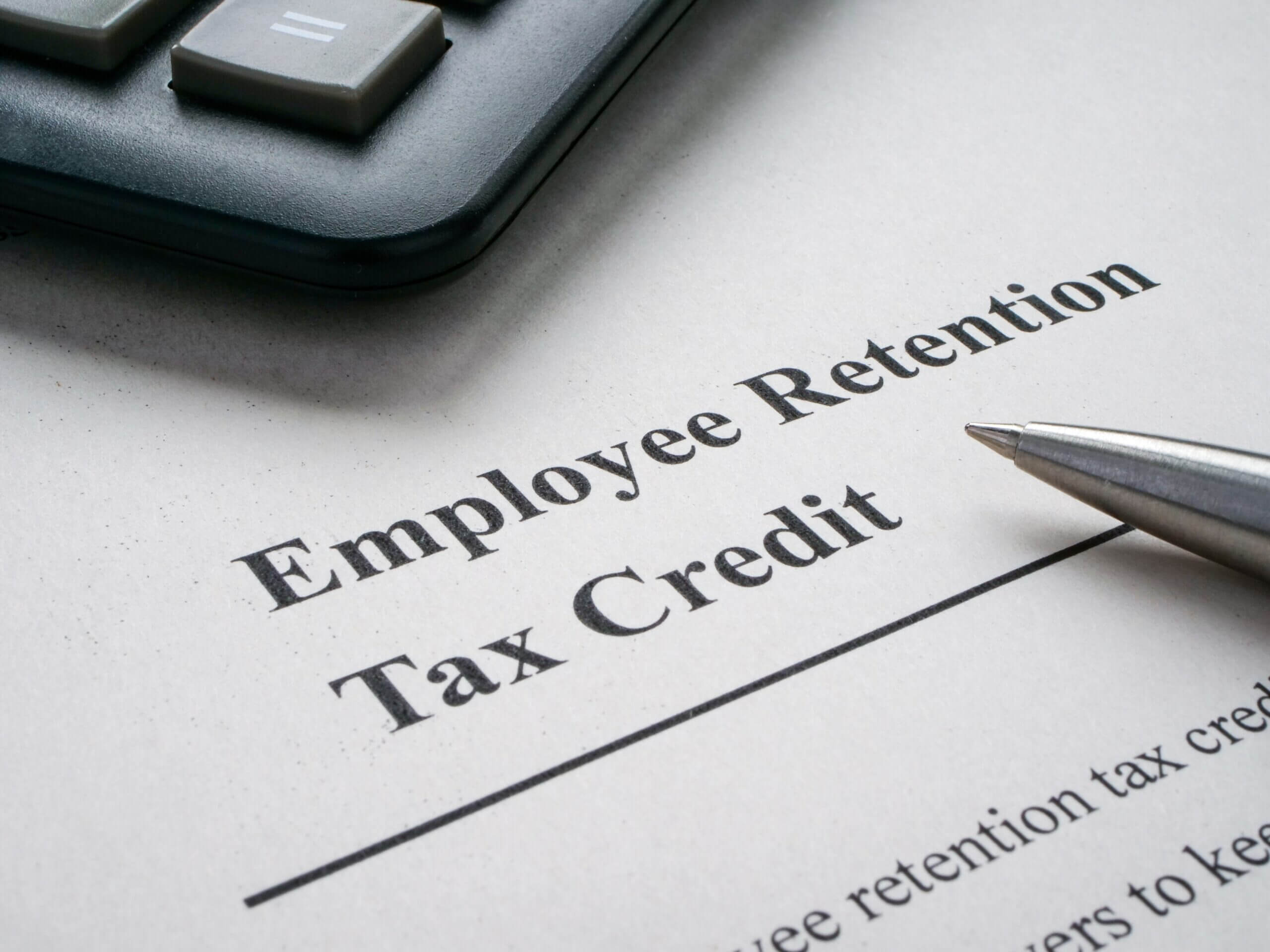On September 14, the IRS announced a moratorium on the processing of new employee retention credit (ERC) claims through at least the end of 2023. “We are deeply concerned that this program is not operating in the way it was intended,” said Daniel Werfel, IRS Commissioner. The moratorium is intended to help the agency increase safeguards to prevent future abuse and protect honest businesses from tax scams. The IRS will continue to process previously filed ERC claims but warned that processing times will be longer due to detailed compliance reviews.
We believe we should only see a trickle of employee retention credit claims coming in. Instead, we are seeing a tsunami.
More on the ERC
The ERC is a legitimate payroll tax credit established during the COVID-19 pandemic, but the program has been plagued by fraud. ERC “promoters” have aggressively marketed the credit to ineligible taxpayers, creating what the IRS has referred to as an “unacceptable risk to businesses and the tax system.” According to the agency, hundreds of criminal cases are in process, and thousands of ERC claims have been referred for audit. The IRS has urged businesses to work with a trusted tax professional and carefully review their ERC eligibility. To assist businesses, the agency released a new question and answer guide and updated previously released FAQs on the ERC.
What’s Next?
In addition to announcing the moratorium, Werfel introduced a program designed to offer a solution to the 600,000 taxpayers who have submitted claims that remain unprocessed. This program will allow taxpayers to withdraw their claims and safeguard those who may have been misled. The IRS also intends to release additional guidance to taxpayers, including details on a settlement program that will allow businesses to repay ERC claims they now believe to be in error. Taxpayers who willfully filed fraudulent claims, however, will still be on the hook for potential criminal investigation.








